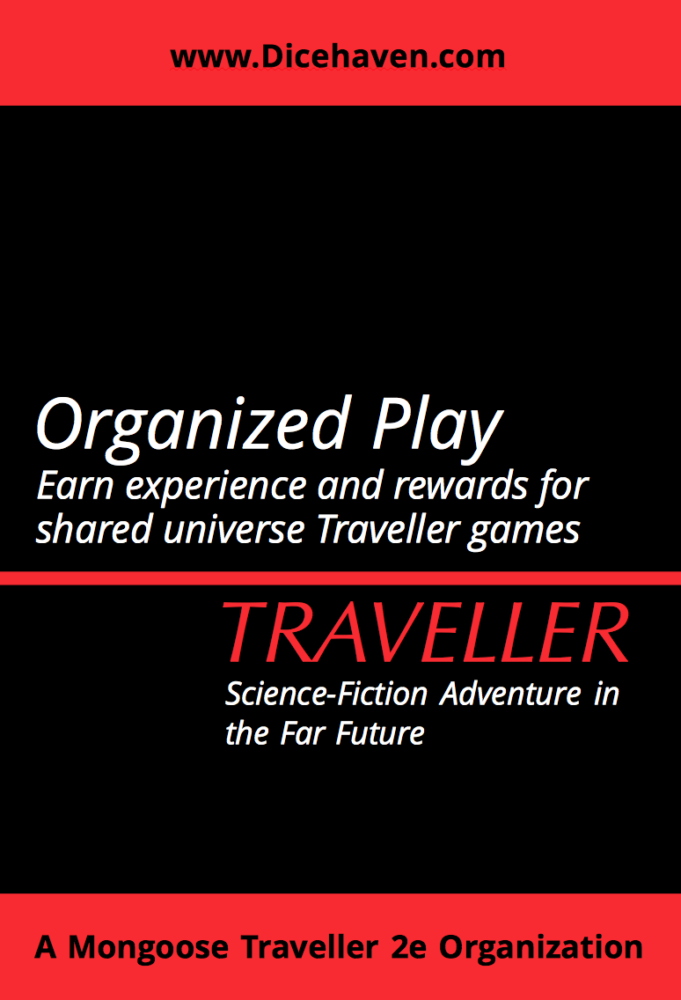 Inspired by Adrian Romero’s blog post at http://redbox.wikidot.com/meta-traveller-acheivements, here is a system of Organized Play I’m proposing for upcoming Dicehaven Traveller games. [Update: after consulting with Mason we determined the XP and Bennies sort of ‘break’ the hard sci-fi feel of Traveller, so we won’t be using the XP/Bennies parts, although we will be doing the shared universe].
Inspired by Adrian Romero’s blog post at http://redbox.wikidot.com/meta-traveller-acheivements, here is a system of Organized Play I’m proposing for upcoming Dicehaven Traveller games. [Update: after consulting with Mason we determined the XP and Bennies sort of ‘break’ the hard sci-fi feel of Traveller, so we won’t be using the XP/Bennies parts, although we will be doing the shared universe].
Shared Universes
Imperium Universe
There will be a shared Imperium universe. If we have multiple campaigns, mini-campaigns, or one-shots, they all take place in a common Imperium setting. GM’s normally should select a different subsector and will have full freedom of play in those isolated areas of the galaxy. To prevent disrupting other concurrent campaigns, GMs should not introduce setting-wide events (such as extinct-events, new sentient species, secret origins of a species, or a civil war that spans the Imperium) unless first consulting other current GMs.
Other Universes
Other universes and IPs (such as Star Trek or Firefly) also qualify for Organized Play and player rewards so long as 1) the group approves and 2) the games use some version of the Traveller rules.
Player Rewards
Imperium players accomplish earn experience points (XP) and increase their Imperium Player Level. Player receive Bennie levels at levels 1, 3, 5, and 7. These bennies can be used in any Imperium game. A player at level 5 had 3 bennies, meaning each game they start with 3 bennies they can use in all Organized Play games. At levels 2, 4, and 6, the players receive a Windfall which is cash or another benefit they can apply to the single character of their choice.
[table id=6 /]
Restarting Levels
A player who achieves 251 or more XP immediately loses 250 XP and again becomes a Level 1 Player. The player should consider retiring their most experience character, though this is optional.
Once players restart levels, you can differentiate player advancement through the use of Ranks. A level 1 Veteran is slightly more experienced player than a level 7 Explorer, even though the level 1 Veteran has lower Bennies at the moment. Higher ranked players have greater bragging rights 🙂
[table id=7 /]
Bennies
These work similar to Savage Worlds bennies — you get +2 or a reroll on any die roll (but you can keep the better of your two die rolls).
Windfalls
At present this would be a roll on the Mustering Out benefits for your career (your choice of Cash or Benefits). I might replace this with a new Windfall table. If we add a Windfall table, here’s how it would work:
Roll on the Windfall table. Reroll any result that you’ve achieved before during your current level progression. Apply Windfall results to the character of your choice.
Earning XP
Playing
- Play in a session — 3 XP
- Mentor new player in their first session — 1 XP
- Run a session — 5 XP
Disaster
- Character killed — 10 XP
- Player willingly lets their character get into major trouble — 3 XP
- Suffer uniquely entertaining random mishap — 1 XP
Player Goals
A player can have a Major Goal for each character. You can have at most one Major goal at a time for a character, and can replace it with a new goal after the current one is resolved.
- Announce and document a GM-approved Major Goal for a character you’ve played for at least one session — 1 XP
- Character accomplishes a significant step towards their Major Goal — 2 XP
- Character achieves their Major Goal — 5 XP
Team Goals
Three or more players may determine a Major Goal for their team. The characters must have been been together for at least one game session.
- Announce and document a GM-approved Major Goal for a team of 3 or more characters — 1 XP per player
- Team accomplishes a significant step towards their Major Goal — 3 XP per player
- Team achieves their Major Goal — 10 XP per player
World Building
- Post session log — 1 XP
- Post a GM-approved player-built world, culture or game tool — 2 XP
- Post relevant media for game sessions such as illustrations, map, or photos of a game — 1 XP
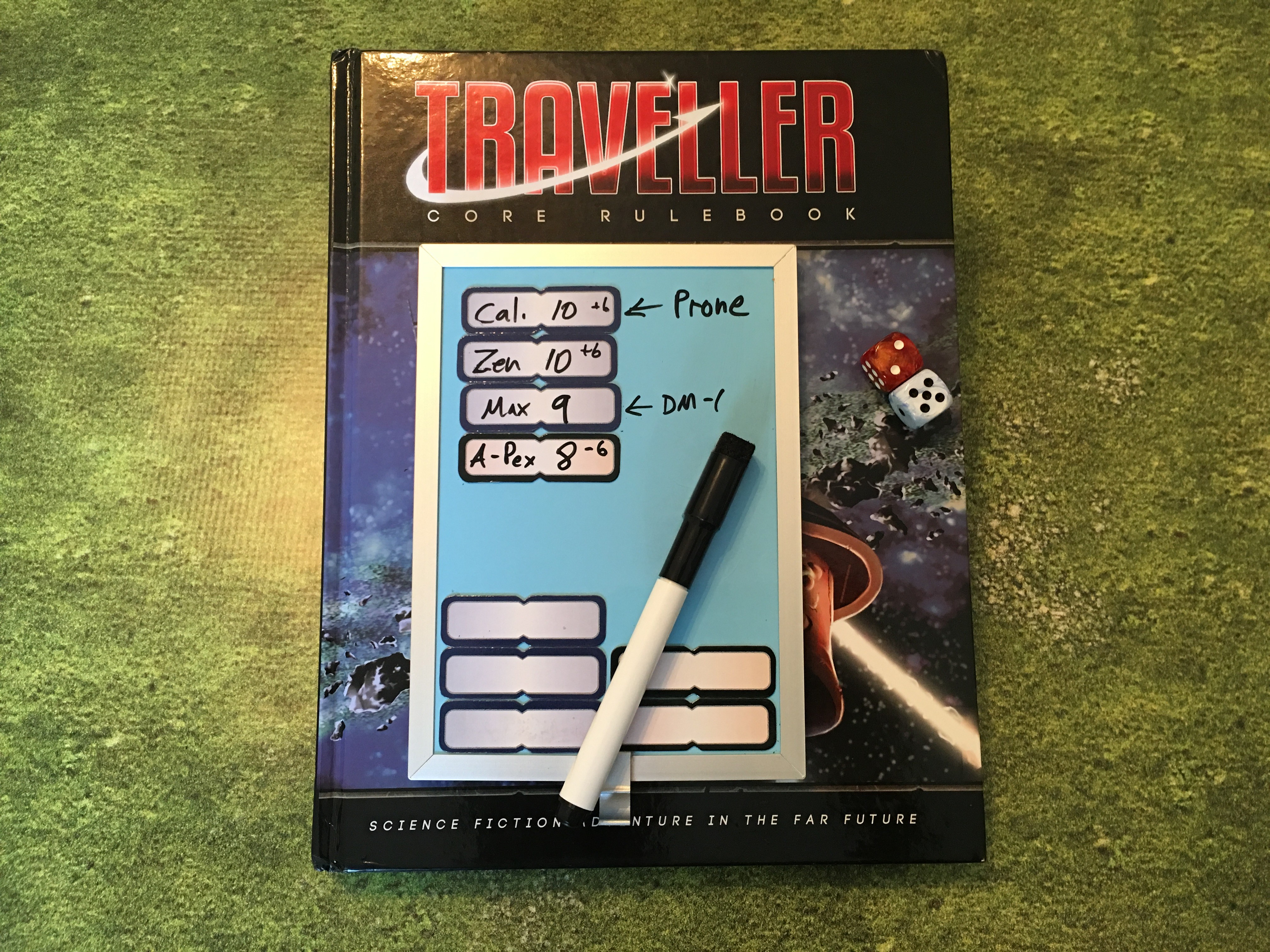
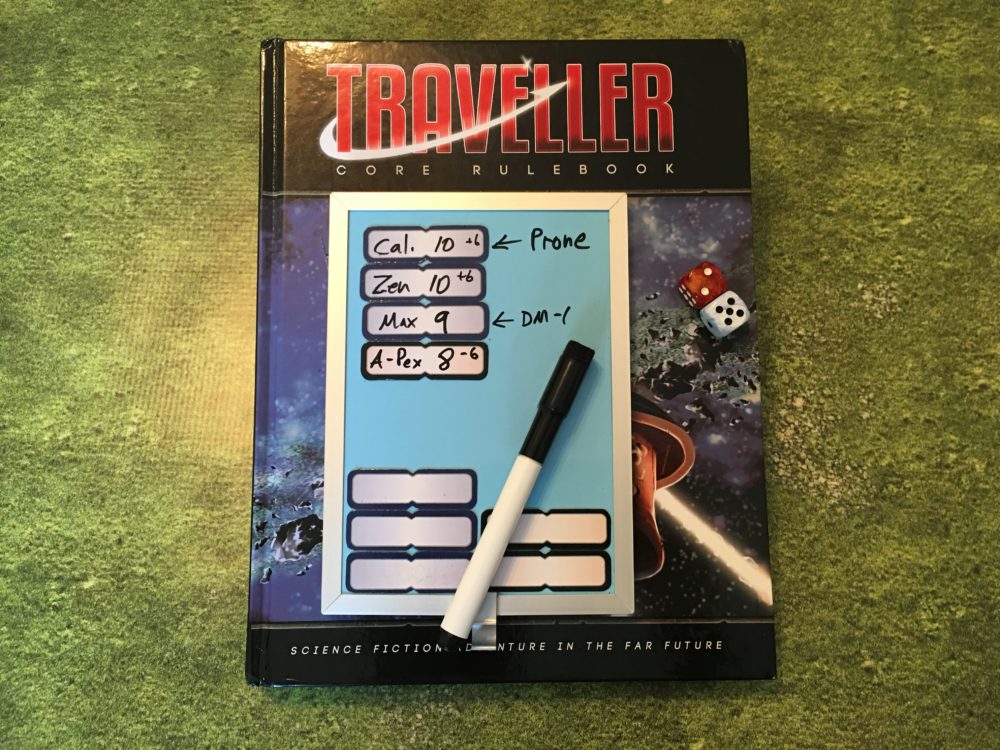

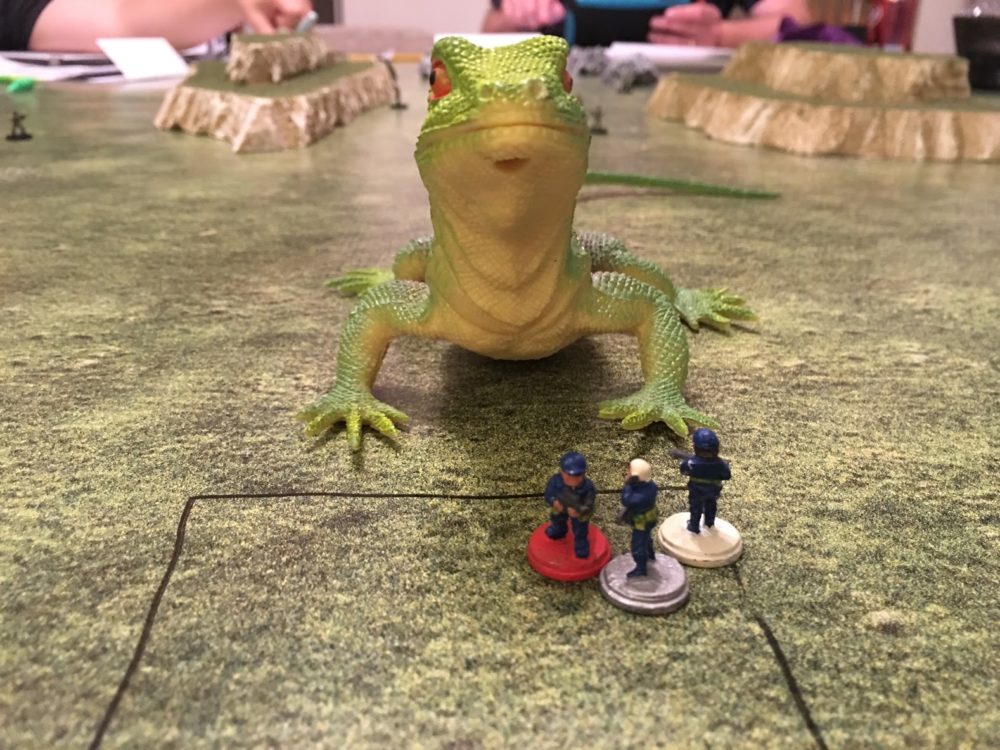



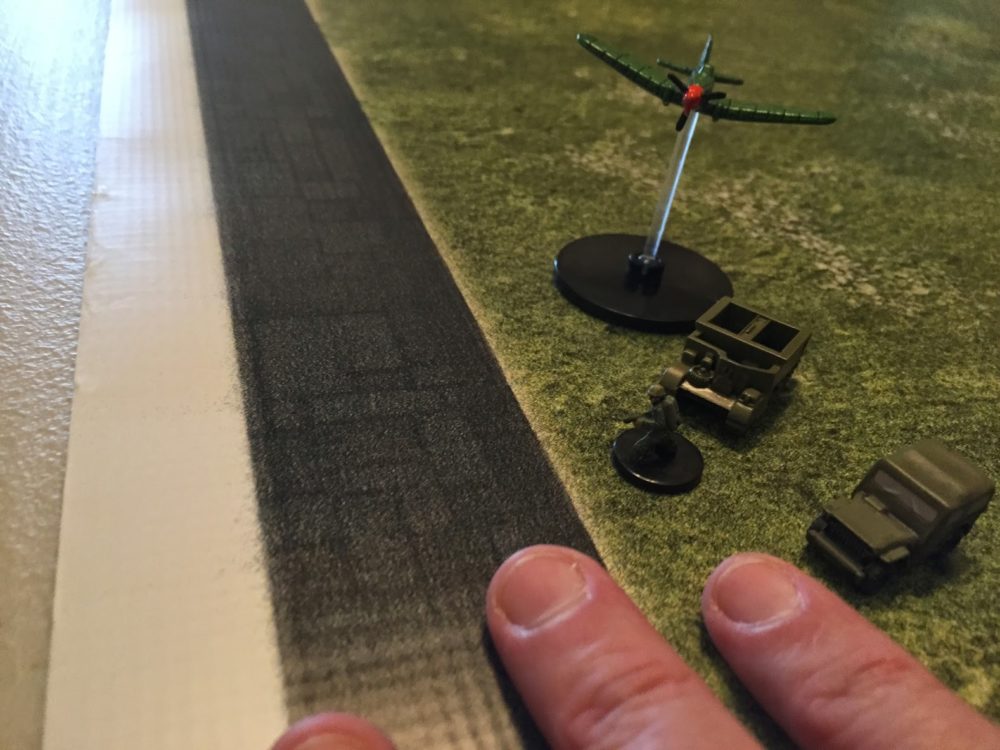
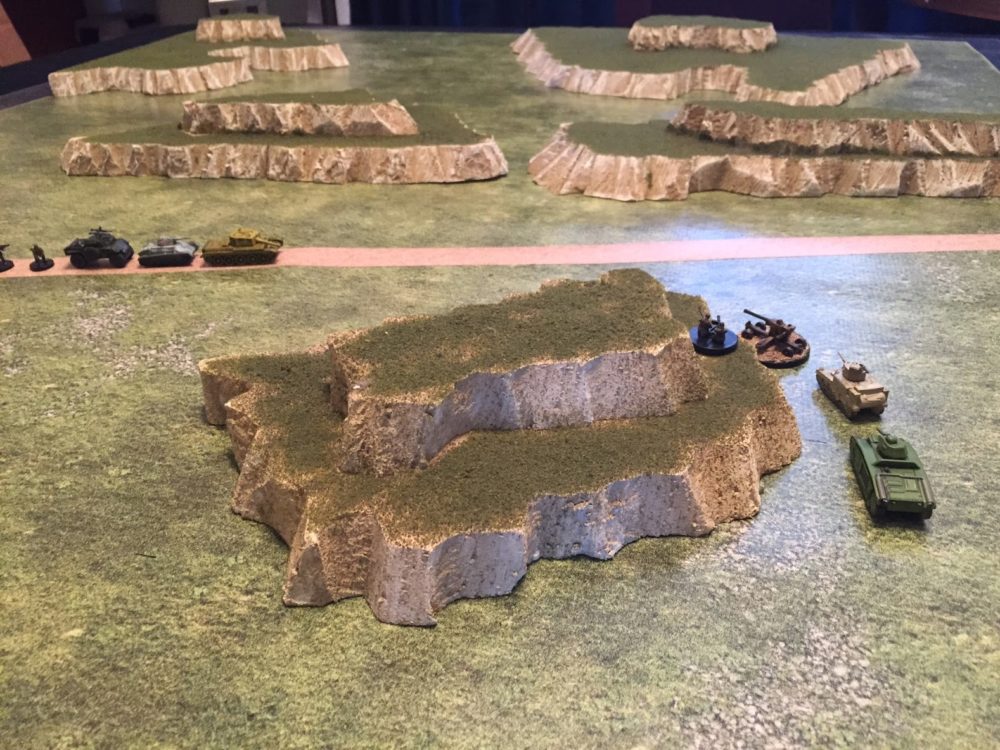
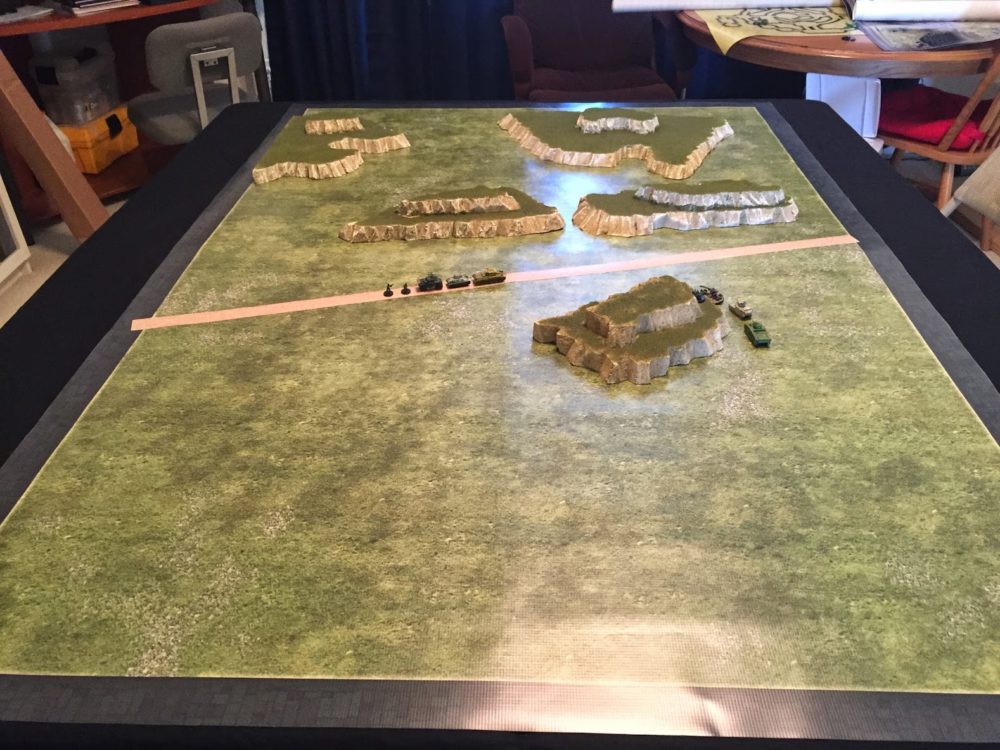
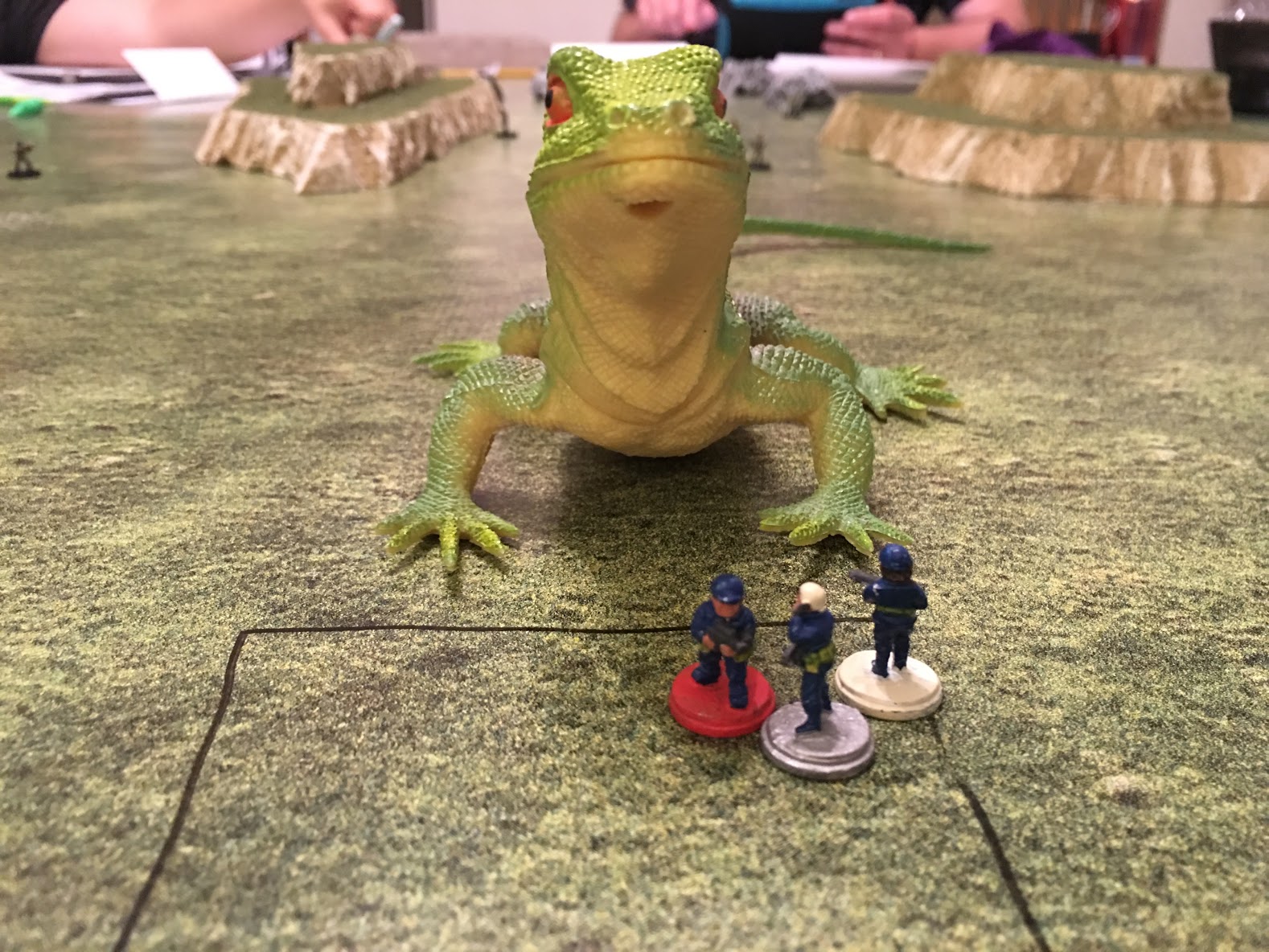
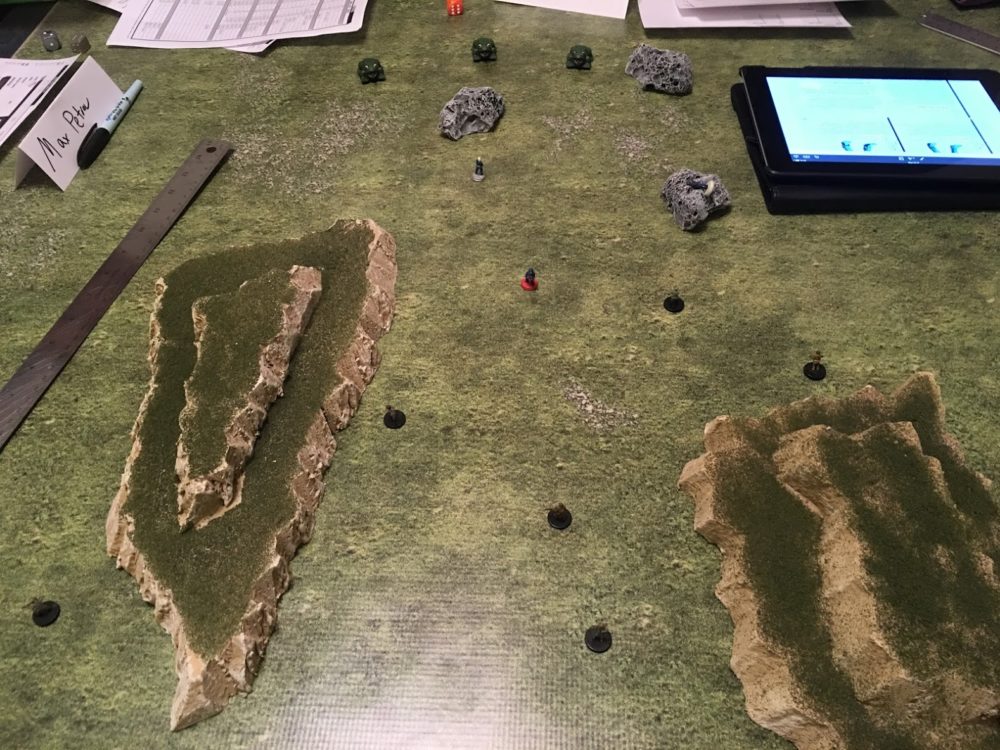
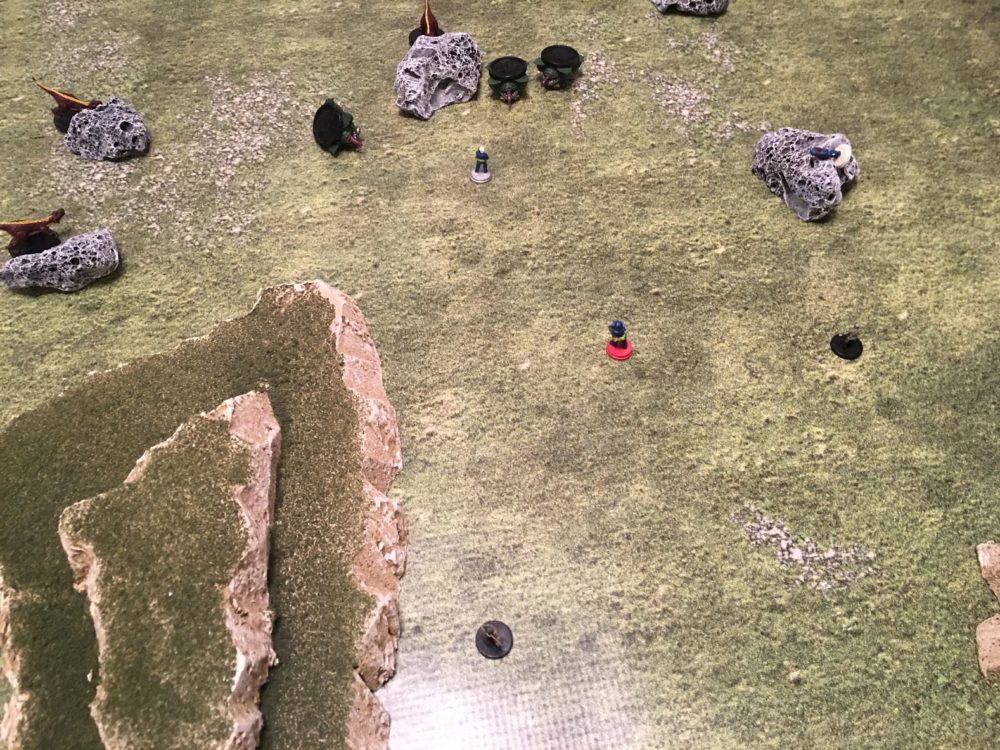
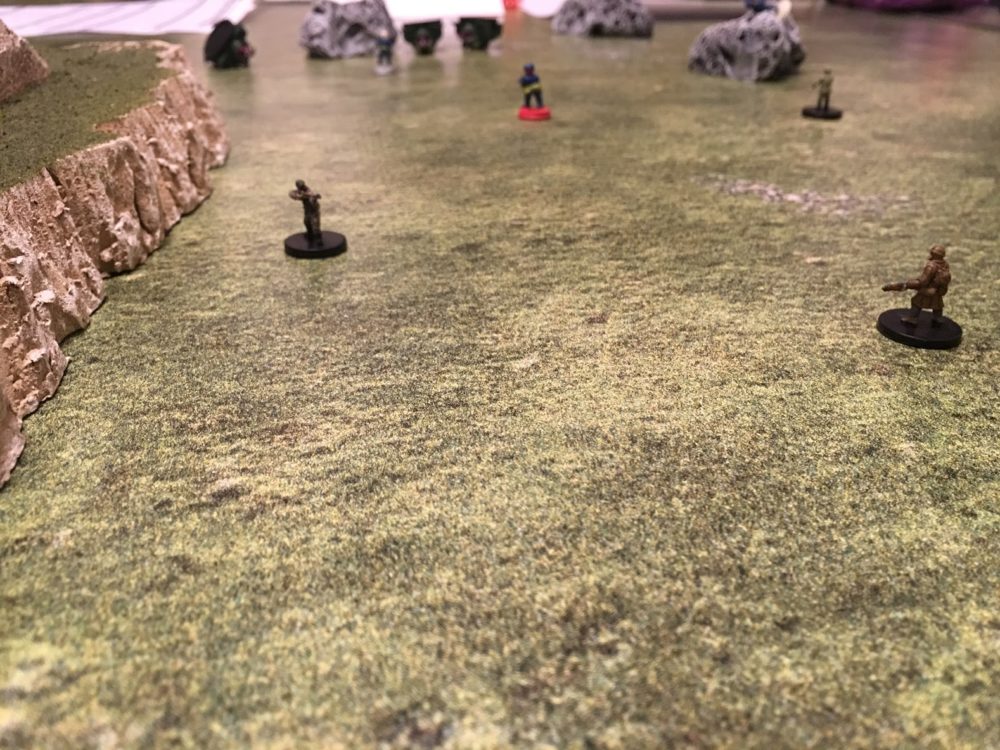
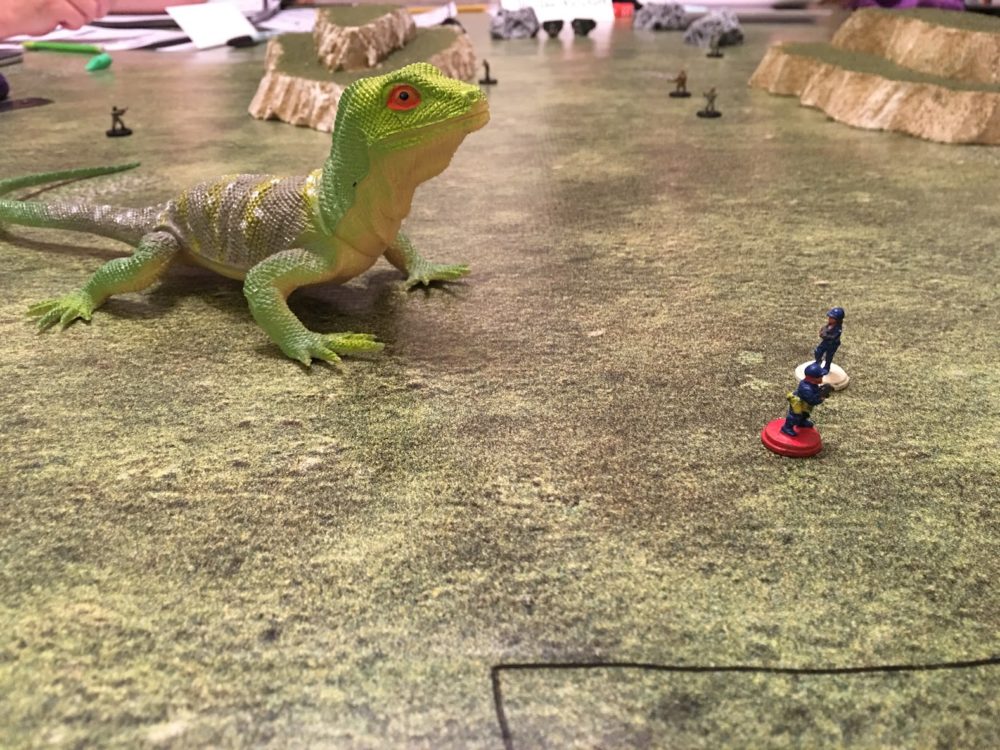
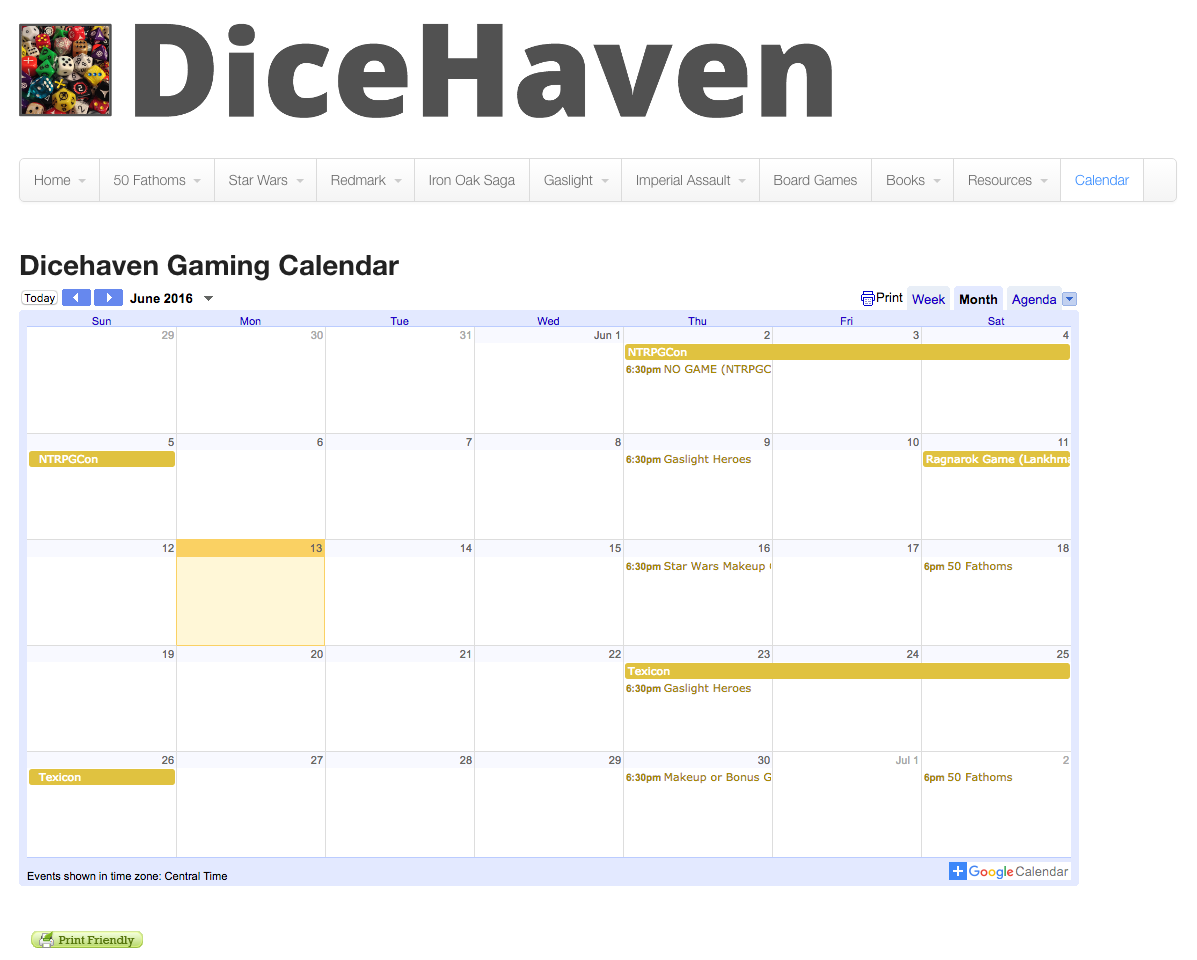
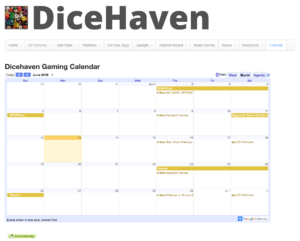
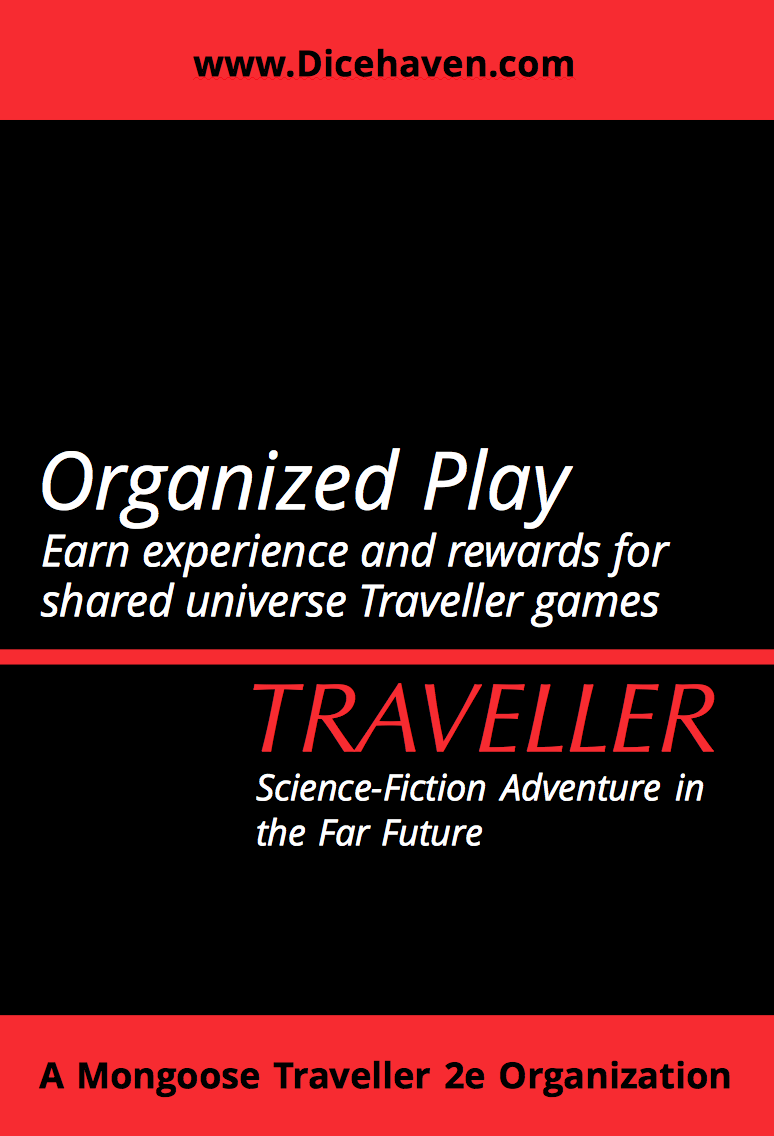

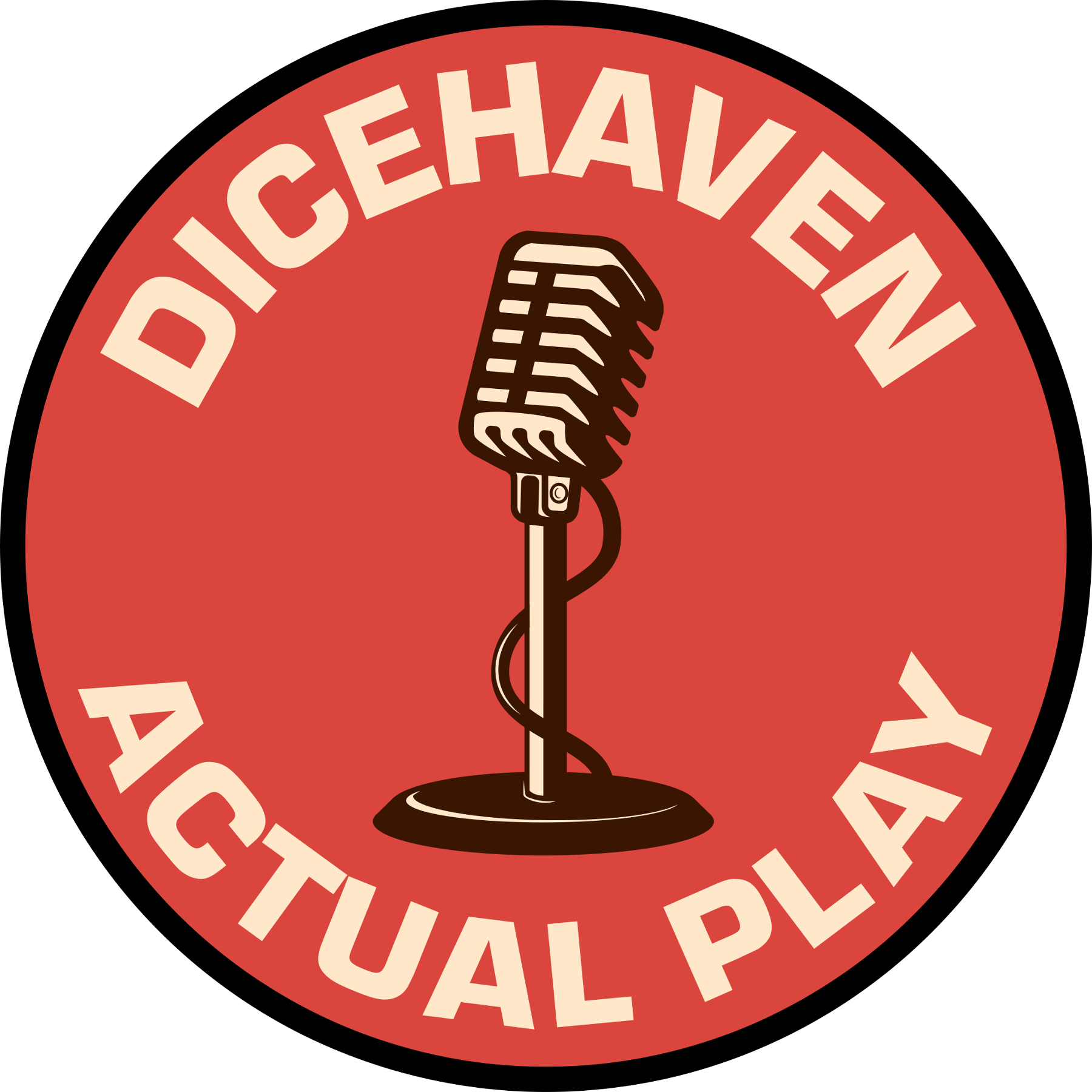
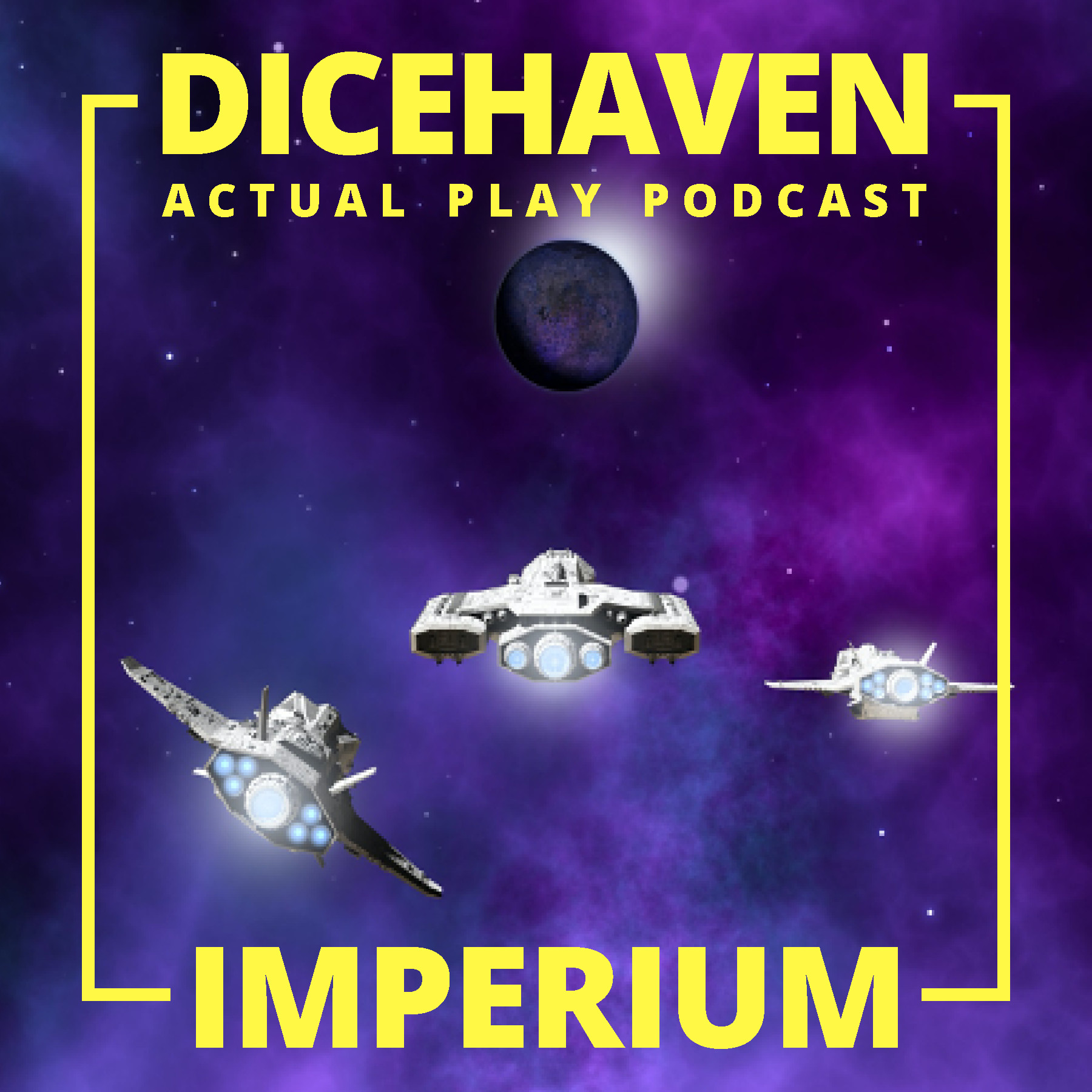
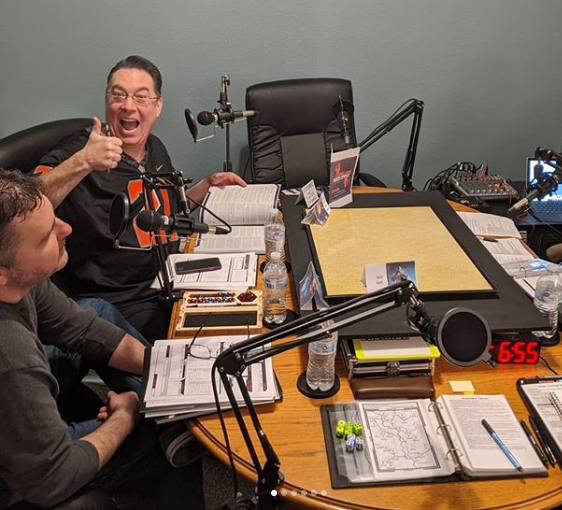
Recent Comments